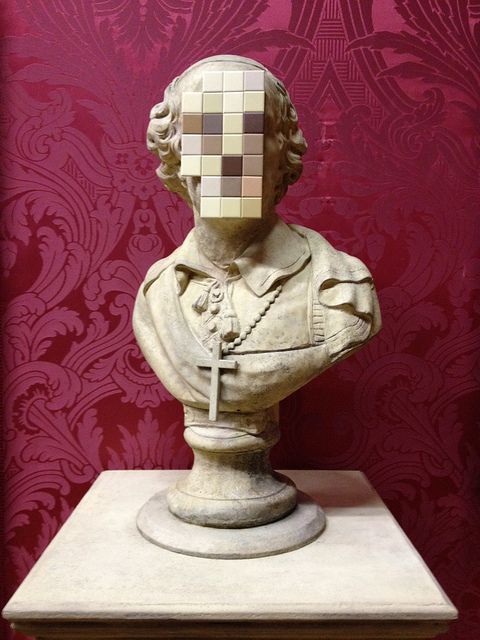
Surrounded by moral quandaries and crises, we look up from fast food containers unable to ponder greater questions beyond the value menu. Did these questions sneak up on us, or have they been there all along and we just eliminated the practice of engaging them? Cornel West and Jeremy Tate bring light and a bit of heat in the WAPO on the removal of classics at Howard University:
Academia’s continual campaign to disregard or neglect the classics is a sign of spiritual decay, moral decline and a deep intellectual narrowness running amok in American culture. Those who commit this terrible act treat Western civilization as either irrelevant and not worthy of prioritization or as harmful and worthy only of condemnation.
Sadly, in our culture’s conception, the crimes of the West have become so central that it’s hard to keep track of the best of the West. We must be vigilant and draw the distinction between Western civilization and philosophy on the one hand, and Western crimes on the other. The crimes spring from certain philosophies and certain aspects of the civilization, not all of them.
The Western canon is, more than anything, a conversation among great thinkers over generations that grows richer the more we add our own voices and the excellence of voices from Africa, Asia, Latin America and everywhere else in the world. We should never cancel voices in this conversation, whether that voice is Homer or students at Howard University. For this is no ordinary discussion.
…
Howard University is not removing its classics department in isolation. This is the result of a massive failure across the nation in “schooling,” which is now nothing more than the acquisition of skills, the acquisition of labels and the acquisition of jargon. Schooling is not education. Education draws out the uniqueness of people to be all that they can be in the light of their irreducible singularity. It is the maturation and cultivation of spiritually intact and morally equipped human beings.
So much of higher education has folded in the face of market pressures, political interference, and fraud that it finds itself all but unrecognizable to former guises. Not wanting to be recognized as what you are can leave you paralyzed when you’re unwilling to defend against impotent charges like teaching social justice. Such charges are softballs and should be parked deep in the cheap seats. But lack of engagement – reading, writing, arguing – makes us afraid of politics, and bullies. We abandon the classical education model at our peril, leaving everyone unable to navigation complexities and only further clearing the path to the bottom-line. Only 99 cents!
Trade school is not an admonition.
Image: Cardinal Sin by Banksy
